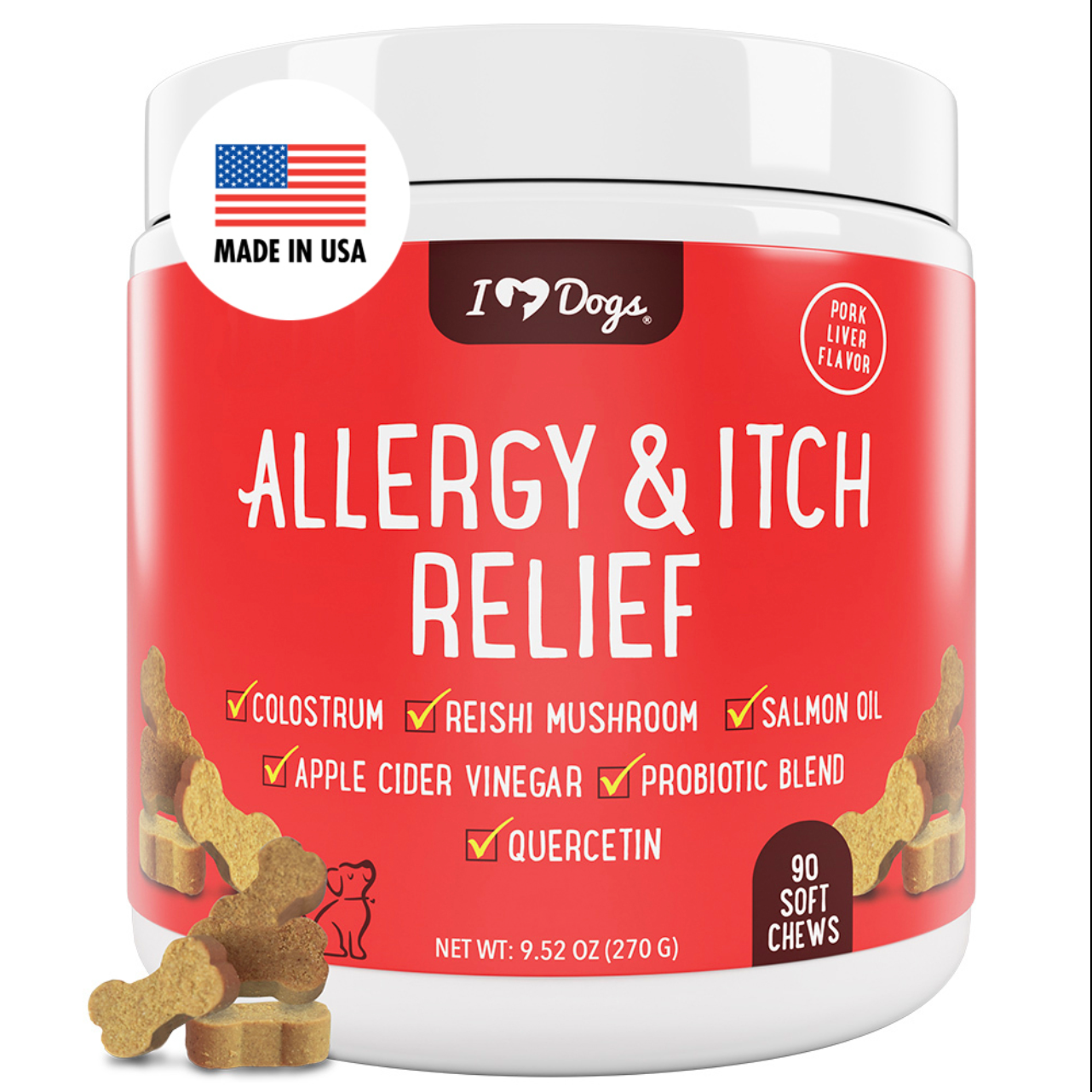Table of Contents
As our understanding of canine health advances, our beloved senior dogs are living longer, healthier lives. Recent research has unveiled innovative techniques and lifestyle changes that can enhance both the lifespan and quality of life for aging dogs. From diet and exercise to emerging medical treatments, dog owners now have access to methods that can help their furry companions thrive well into their golden years.
The Science of Canine Longevity
Recent studies in veterinary medicine and animal nutrition have identified key factors that influence longevity in dogs. Researchers at institutions like the Dog Aging Project are uncovering insights into genetics, diet, and environmental influences that contribute to a longer, healthier life for our four-legged friends.
One of the most exciting discoveries in canine longevity is the role of cellular aging and senescence—the process by which cells lose function over time. Studies show that certain interventions, like caloric restriction and antioxidant-rich diets, can slow this process and promote healthier aging in dogs.
Another key area of focus is epigenetics, which explores how a dog’s environment, diet, and lifestyle choices can impact gene expression. By making small but impactful changes, owners can positively influence their senior dog’s long-term health.
Tactics to Extend Your Dog’s Lifespan
1. Optimized Nutrition for Senior Dogs
What your dog eats plays a crucial role in their longevity. New research highlights the benefits of:
• High-quality protein: Older dogs benefit from diets rich in quality protein to maintain muscle mass.
• Omega-3 fatty acids: Found in fish oil, omega-3s support brain function, heart health, and joint mobility in aging dogs.
• Antioxidants: Ingredients like vitamin E and beta-carotene can support immune function and cognitive health.
Several veterinary brands are now producing customized longevity diets based on genetic and health markers, providing dogs with tailored nutrition for their specific needs.
2. Advanced Veterinary Care and Therapies
Veterinary medicine has made remarkable strides in extending the lives of senior dogs. Some cutting-edge treatments include:
• Regenerative medicine: Stem cell therapy and platelet-rich plasma (PRP) treatments help repair aging joints and tissues, improving mobility and reducing pain.
• Rapamycin trials: This drug, originally used in human medicine for organ transplants, is being tested for its potential to extend lifespan and improve health in dogs.
• Longevity drugs: Biotech companies are developing medications aimed at extending the healthy lifespan of dogs. For instance, Loyal, a US biotech startup, is working on a daily pill that could give dogs an extra year of healthy life.
Additionally, routine preventive care such as annual senior blood panels, dental cleanings, and early detection of disease is crucial in extending your dog’s life.
3. Movement and Mental Stimulation
A senior dog’s mobility and cognitive function are just as important as their physical health. Studies have shown that maintaining an active lifestyle can prevent muscle loss and cognitive decline.
• Low-impact exercise: Activities like swimming, short walks, and gentle agility training keep joints mobile without causing stress.
• Physical therapy: Canine rehab centers now offer hydrotherapy, massage, and acupuncture to support aging dogs.
• Brain games and enrichment: Puzzle toys, scent work, and teaching new tricks help keep a senior dog’s mind sharp.
• Socialization: Engaging with other dogs and people can help reduce anxiety and cognitive decline in aging pets.
4. Longevity Supplements and Anti-Aging Treatments
Supplements play an essential role in supporting aging dogs. Some of the most well-researched options include:
• Glucosamine and chondroitin: Support joint health, improve mobility, and reduce arthritis symptoms.
• Antioxidants: Compounds like vitamin E and beta-carotene have anti-aging and anti-inflammatory properties.
• Probiotics: Support digestive health and boost the immune system.
Consult your veterinarian before adding any new supplements to your dog’s routine to ensure they align with your pet’s specific health needs.
The Future of Canine Longevity
The field of canine aging research is expanding rapidly, and exciting developments are on the horizon. Scientists are exploring genetic testing to predict a dog’s lifespan and disease risk, while AI-driven diagnostics are being used to detect early signs of aging-related conditions.
Additionally, longevity-focused pet care brands are emerging, offering everything from biologically personalized nutrition to targeted anti-aging therapies.
Final Thoughts: Giving Your Senior Dog the Best Life Possible
While science and technology continue to unlock new ways to extend the lifespan of senior dogs, the most important factor in their longevity remains love and care. By optimizing their diet, incorporating new veterinary treatments, providing mental and physical stimulation, and prioritizing preventive care, you can help your dog live not just longer, but better.
The years we share with our dogs are never long enough—but with the right knowledge and tools, we can ensure they spend their golden years happy, healthy, and thriving.




